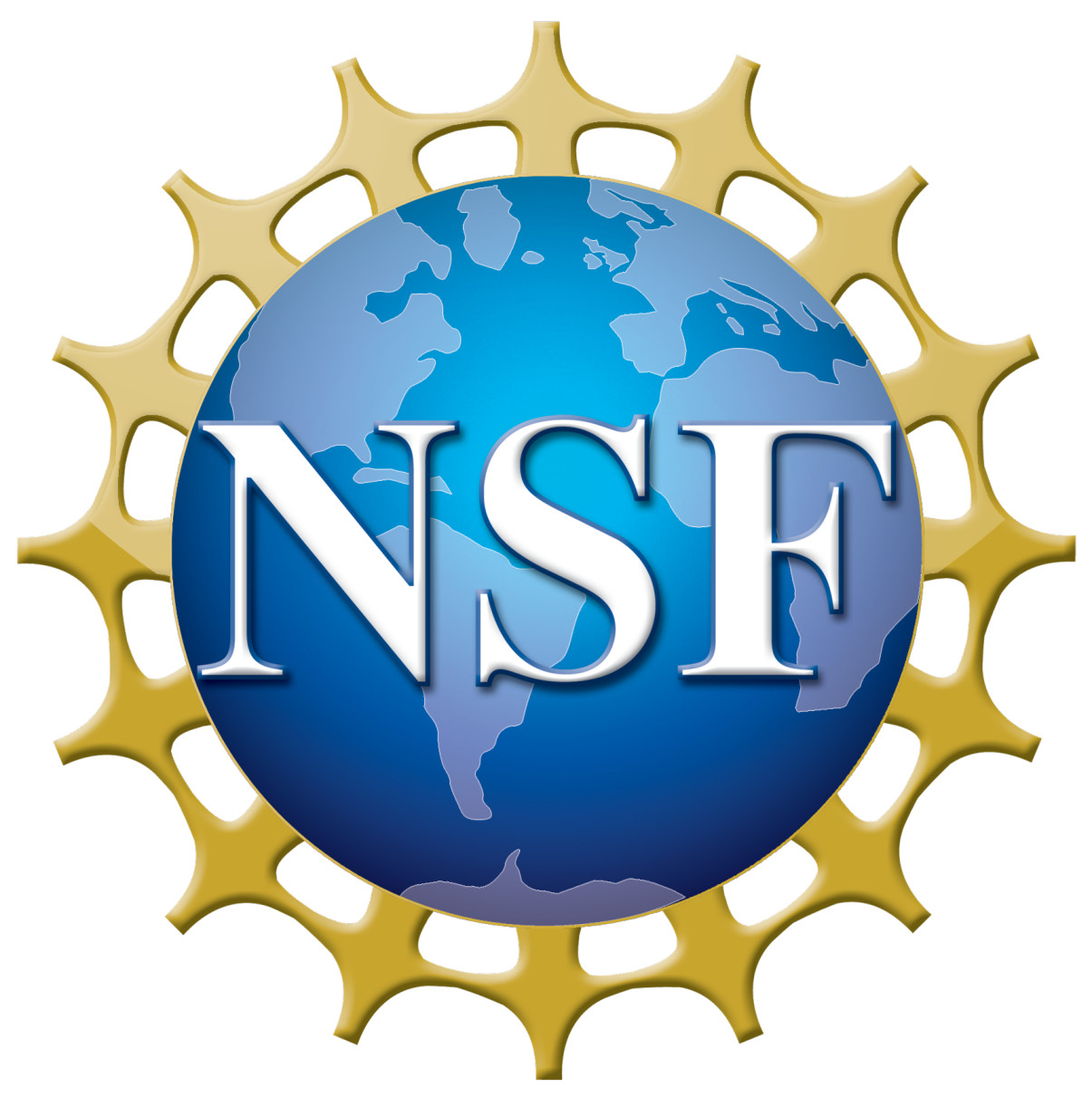Research Labs
DELab: Data Engineering Lab
Dr. Akbas’ broad research areas are data mining and machine learning. Specifically, with her group in Data engineering Lab (DeLab), she works on graph (network) mining, text mining, and social network analysis. One aspect of her research is developing novel effective and efficient graph processing methods. Another aspect is to conduct biomedical knowledge mining to track public health issues in social networks.
Because of the quick growth of technology and the vast amount of data at entirely new scales and complexity-levels, the field needs new tools to face challenges in analyzing big data relevant to a wide range of domains. Her work on developing new graph compression and embedding methods in graph mining to expand large graphs for better management, querying, and display is critical to find meaningful patterns in the enormous size of real-world networks. Dr. Akbas also focuses on developing novel graph and text mining methods to extrapolate useful information from social media data. Her goal is to combat different public health problems, such as opioid addiction and Covid-19, to help government officials and health administrators with providing timely and useful information.
Language and Intelligence Lab
The Language and Intelligence lab tackles interdisciplinary projects that utilize Deep Learning and Natural Language Processing to advance the fore front in Biomedical Informatics, Medical Informatics, and Science Education.
iLEAD : INTELLIGENT LEARNING FOR EXPLAINABLE AND ACUTE DECISION-SUPPORT
Intelligent Agents & Deep Learning Frameworks
Sathyanarayanan Aakur is broadly interested in the intersection of computer vision, natural language processing and psychology. His aim is to build intelligent agents that understand the visual world beyond recognition (labels) or captions (sentences) without the need for explicit human supervision. This entails developing approaches such as self-supervised predictive learning for video event segmentation, common sense reasoning for ground perception and prior knowledge, and generative modeling for building knowledge .
Arunkumar Bagavathi focuses on designing deep-learning frameworks to learn multiple activities in social media to enhance network-based machine learning tasks such as prediction, forecasting, and clustering. His work also leverages the use of cloud tools to frame a collection of scalable data agnostic models to glean actionable recommendations from massive data sources. For example, his multiplex model can identify user communities in the social media from their various activities and his action-mining model can impart personalized recommendations for hospitals to handle patients to improve care and reduce readmission rates.
Financial Engineering Research Laboratory
Financial engineering is a multidisciplinary field that involves different financial aspects such as financial theory, the methods of financing, mathematical tools, computation and the practice of programming to achieve the desired end results. The financial engineering methodologies apply engineering methodologies, social theories and quantitative methods to finance. It is normally used in the stock market, securities, banking, and financial management and consulting industries, or as quantitative analysts in corporate treasury and finance departments of general manufacturing and service firms. Financial Engineering Research Lab is basically concerned and working on three different approaches to forecast stock market.
Distributed Computing Laboratory
 The Distributed Computing Laboratory focuses on different aspects of distributed systems.
These include Cloud Computing, Distributed Security, Distributed Databases and Distributed
Sensor Networks. Other research areas being investigated include applications that
require distributed processing, for example big data.
The Distributed Computing Laboratory focuses on different aspects of distributed systems.
These include Cloud Computing, Distributed Security, Distributed Databases and Distributed
Sensor Networks. Other research areas being investigated include applications that
require distributed processing, for example big data.
Robotic Cognition Laboratory
The Robotic Cognition Laboratory is devoted to two overarching, complementary goals: to ground models of developmental psychology and cognitive science in realized, embodied computational systems; and to use models of human cognition and social development to improve robot control and learning, human-robot interaction and artificial intelligence.
Learning from negotiation. Traditional learning from demonstration develops policies which can never be better than those demonstrated by human teachers. However, humans are not especially good at describing or implementing optimal behaviors. Demonstrations can bootstrap computational searches of policy spaces, while ongoing human interaction refines and directs the search process.
Shared autonomy. Humans and robots should be able to work together in flexible teams at varying levels of autonomy and interaction. We are developing a coordination framework for human-robot teams which will allow humans to supply direction and decisionmaking at whatever level of detail is possible and appropriate. Robots can act autonomously when there are insufficient human decisionmaking resources available, and will cooperate with one another to share information and reasonable courses of action.
Center for Cyber-Physical Systems
The Center focuses on exploring the design of Cyber-Physical Systems, Internet-of-Things (IoT) and Cyber-Human frameworks with an Information Centric emphasis in a range of process domains including smart health, cyber manufacturing, space systems, networking and robotics



